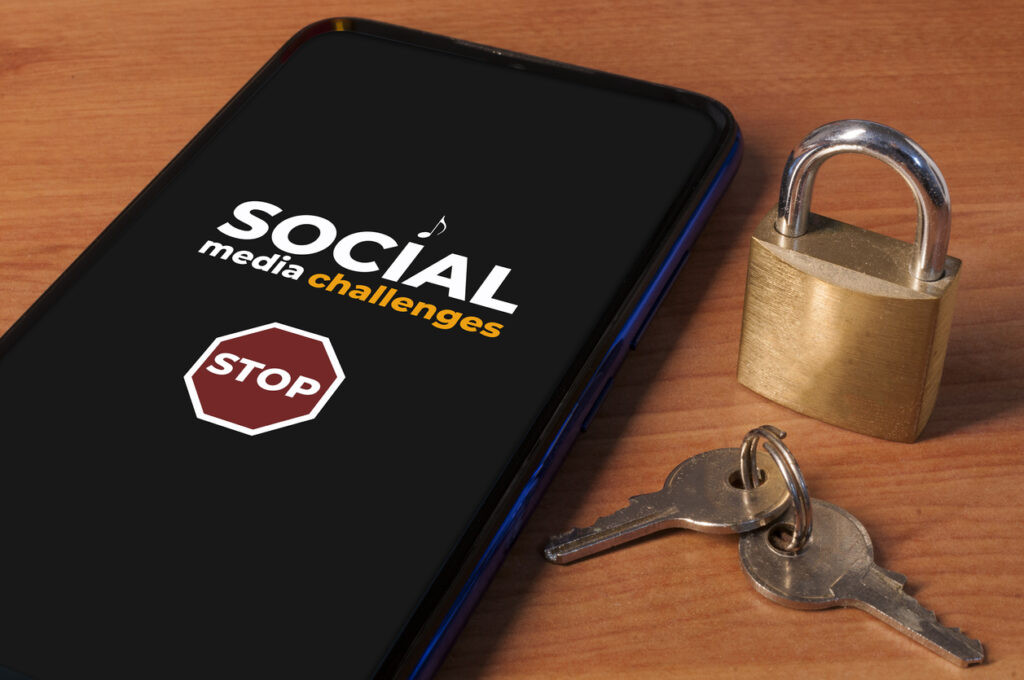TikTok is one of the largest social media platforms in the world, boasting over 800 million users and behind only Facebook and Instagram in sheer reach. With a focus on short-form videos, users are often incentivized to join in viral challenges that involve dynamic, attention-grabbing activities. While many of these challenges are innocent, some do suggest users commit illegal actions or TikTok crimes. Publishing TikTok content that portrays criminal activity can very easily land users in a situation where they could require legal representation.
TikTok Viral Challenges
Several high-profile viral challenges suggesting criminal acts and other malicious activity have resulted in law enforcement response, including but certainly not limited to:
- A statement from Attorney General Ken Paxton advising that TikTok users may be contributing towards human trafficking and child privacy violations;
- Advice on how to steal recent model Kia and Hyundai vehicles;
- Physically assaulting teachers through the “slap a teacher challenge“; and
- The “devious lick” challenge involves the destruction of school property.
Even if the user that posted the content did not commit the crime themselves and only encouraged others to do so, they may still be charged with solicitation. This is especially true if the video goes viral and receives a large amount of attention from viewers. Urging or suggesting a criminal act is a criminal act in and of itself, and legal representation may be needed here as well.
How Recording Activity on TikTok Can Lead to TikTok Crimes
Recording criminal activity on TikTok is a documentation of the act and is admissible as evidence. An act that might have gone unseen otherwise now has a permanent record of date, time, and location, as well as video footage of the act in question. Deleting the recording once it’s uploaded is also unlikely to help, as doing so may not actually remove it from TikTok servers, and the video could easily be still accessed through a subpoena.
In addition, other users may have saved the file and may be able to provide it to law enforcement on their own. The bottom line is once something is uploaded to the Internet. It cannot be undone, especially in the context of a criminal case where there is a vested interest in retrieving it. There may also be evidence that may be presented that may not be related to the TikTok app per se, such as your cell phone itself “pinging” the tower, which could be used to confirm that you were at the location of the incident.
If you have been criminally charged relating to a video that you posted on TikTok, you will need legal representation to ensure that your rights are protected and that your case is handled in accordance with the law. It is important to contact a legal team who has extensive knowledge of criminal law and the legal implications of recording activities on social media platforms. During this process, your lawyer will review all evidence available and advise you regarding your legal options. You may also receive guidance on how to avoid any further complications or criminal charges that may result, as attempting to delete or remove the post could result in further action being taken against you.
Hire an Experienced Attorney
It’s easy to get swept up in participating in TikTok viral challenges, but you also need to be careful, as individuals on the site may not have your best interest in mind and might lead you to commit an illegal act. If you or a loved one is facing a criminal charge due to TikTok crimes, then contacting Kenney Legal Defense will ensure that all legal avenues are exhausted, and you receive the best representation possible. Reach out to us today for a consultation.

